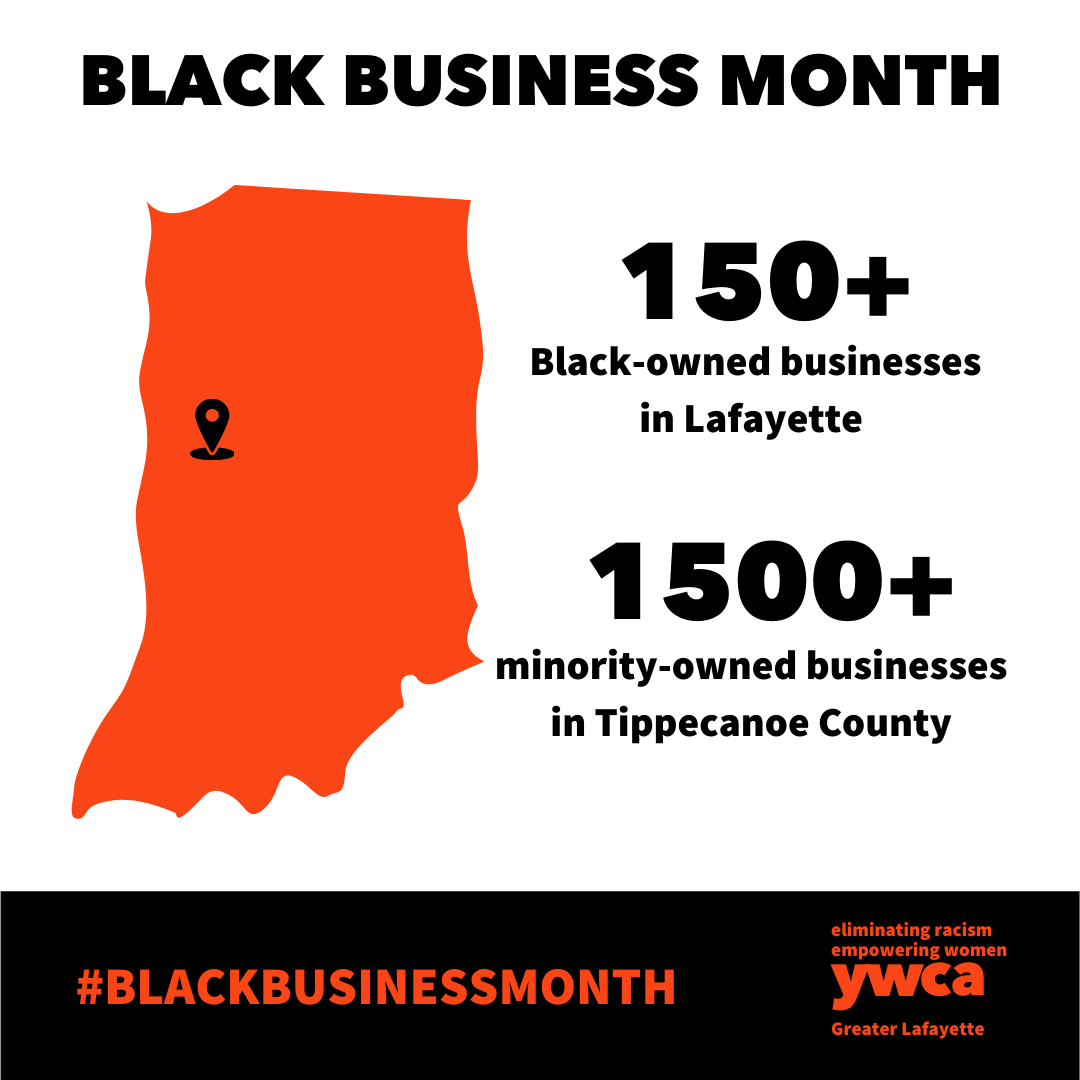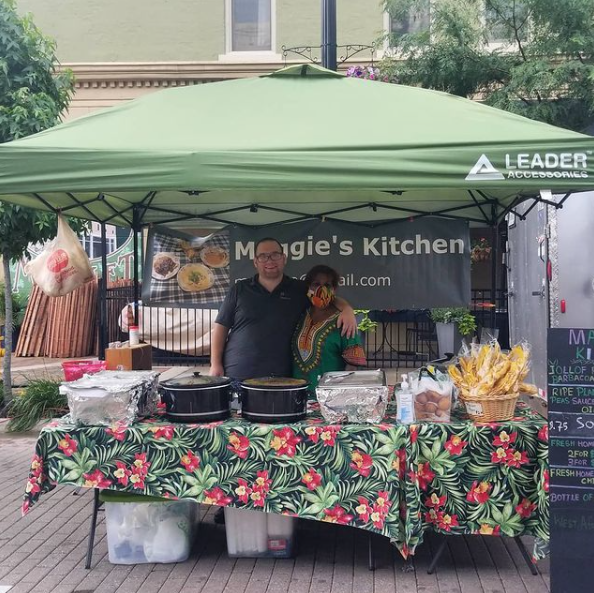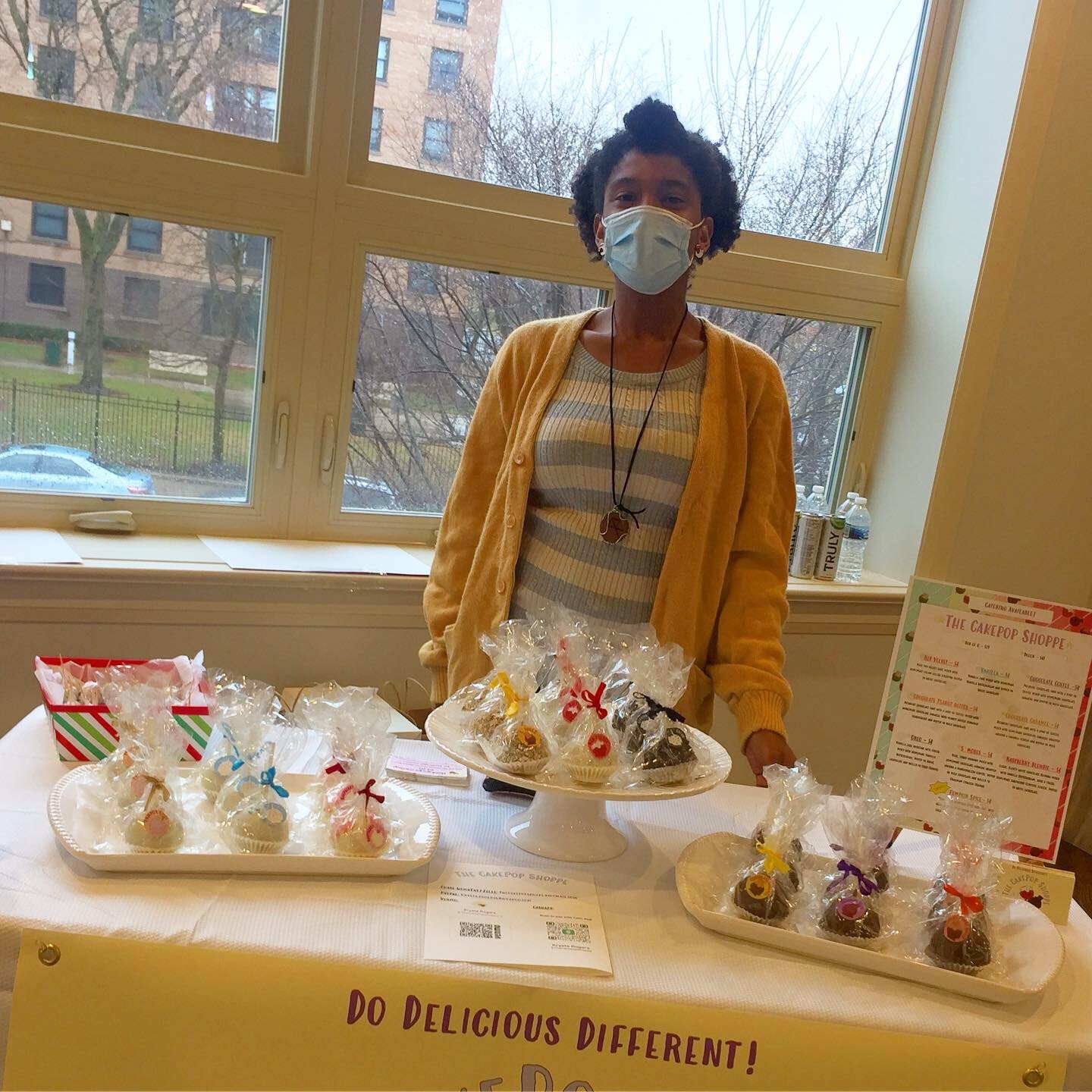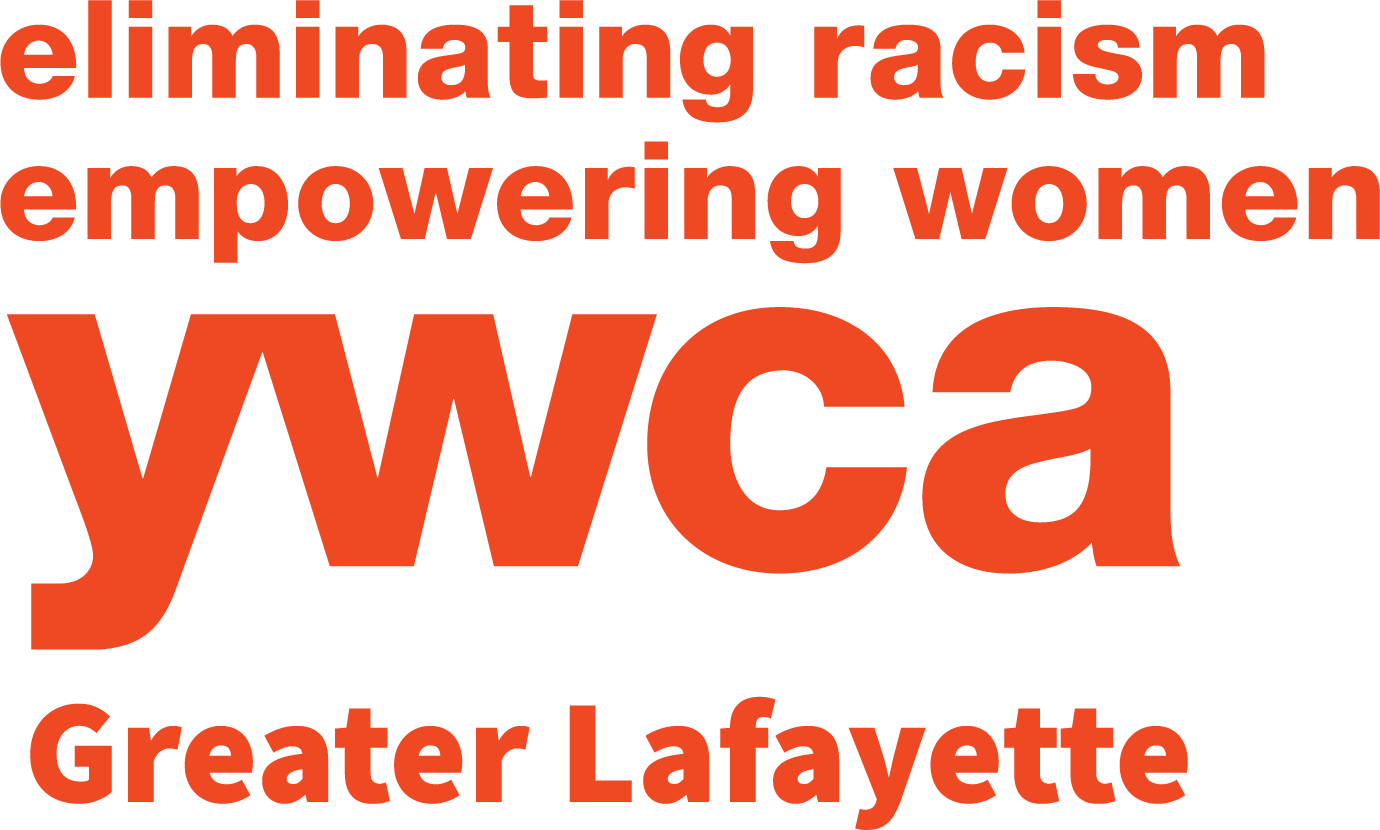August: National Black Business Month
 August is Black Business Month, and though it is a national observance it is not always locally recognized throughout the nation.According to a Blackdemographics.com report, Black owned employer businesses in the United States increased 13.6% between 2012 and 2017 totaling 124,000 Black firms. These businesses employed 1,208,270 people, an increase of 23.9 percent from 2012; their payrolls totaled $26.1 billion, an increase of 30.3 percent (not adjusted for inflation).Economic inequality remains a pervasive issue in the United States for every generation. Awareness and advocacy efforts have grown tremendously within the past 6 years, focusing on the inequities people of color continue to face in education, healthcare, transportation and housing. Supported business growth opportunities for Black-owned employers remains contained in states with large metropolitan areas such as Atlanta and New York City, which boasts the highest number of Black-owned businesses in the U.S.According to digitalundivided’s Project Diane 2018 report, The State of Black Women Founders, the number of startups founded by Black women more than doubled between 2016 and 2018. However, it doubled from less than 2% to less than 4%. That is progress, though not much. Nearly half of all Black women-led startups were in California or New York.
August is Black Business Month, and though it is a national observance it is not always locally recognized throughout the nation.According to a Blackdemographics.com report, Black owned employer businesses in the United States increased 13.6% between 2012 and 2017 totaling 124,000 Black firms. These businesses employed 1,208,270 people, an increase of 23.9 percent from 2012; their payrolls totaled $26.1 billion, an increase of 30.3 percent (not adjusted for inflation).Economic inequality remains a pervasive issue in the United States for every generation. Awareness and advocacy efforts have grown tremendously within the past 6 years, focusing on the inequities people of color continue to face in education, healthcare, transportation and housing. Supported business growth opportunities for Black-owned employers remains contained in states with large metropolitan areas such as Atlanta and New York City, which boasts the highest number of Black-owned businesses in the U.S.According to digitalundivided’s Project Diane 2018 report, The State of Black Women Founders, the number of startups founded by Black women more than doubled between 2016 and 2018. However, it doubled from less than 2% to less than 4%. That is progress, though not much. Nearly half of all Black women-led startups were in California or New York. On top of the normal challenges of running a business, Black business owners must also navigate a considerable funding gap between White- and Black-owned businesses. As political movements like Black Lives Matter gain steam across the country, it is important to remember that injustice goes far beyond the justice system. The financial system has also historically discriminated against and oppressed Black business owners. That is why many activists have encouraged people to support Black-owned businesses to create positive change in this country.Small businesses do not receive the same tax breaks and government bailouts that massive corporations do, but inequality is not predicated solely on business size. Black-owned businesses are at a distinct disadvantage when compared to their White-owned counterparts. One way YWCA Greater Lafayette is championing Black women in business is through our Culinary Incubator, part of our Empowerment Services Program suite. Maggie's Ghana Kitchen, by Maggie Nornoo, and The CakePop Shoppe, by Krysta Rogers, are two local, Black women-owned small businesses that utilize YWCA's full-service kitchen. Maggie focuses her talents on West African cuisine available each week at the Historic Lafayette Farmer's Market. Her passion for cooking is matched by her passion for sharing her culture and experience with the Greater Lafayette community.Krysta's business began as a fun hobby shared with friends and has grown since just last year. "I've always loved cooking and baking, but I started making cakepops in high school, " Rogers said. "I made some for my friends for Valentine's Day, and I made them pretty big because bigger is better with sweets. Anyway, a guy in my class saw
On top of the normal challenges of running a business, Black business owners must also navigate a considerable funding gap between White- and Black-owned businesses. As political movements like Black Lives Matter gain steam across the country, it is important to remember that injustice goes far beyond the justice system. The financial system has also historically discriminated against and oppressed Black business owners. That is why many activists have encouraged people to support Black-owned businesses to create positive change in this country.Small businesses do not receive the same tax breaks and government bailouts that massive corporations do, but inequality is not predicated solely on business size. Black-owned businesses are at a distinct disadvantage when compared to their White-owned counterparts. One way YWCA Greater Lafayette is championing Black women in business is through our Culinary Incubator, part of our Empowerment Services Program suite. Maggie's Ghana Kitchen, by Maggie Nornoo, and The CakePop Shoppe, by Krysta Rogers, are two local, Black women-owned small businesses that utilize YWCA's full-service kitchen. Maggie focuses her talents on West African cuisine available each week at the Historic Lafayette Farmer's Market. Her passion for cooking is matched by her passion for sharing her culture and experience with the Greater Lafayette community.Krysta's business began as a fun hobby shared with friends and has grown since just last year. "I've always loved cooking and baking, but I started making cakepops in high school, " Rogers said. "I made some for my friends for Valentine's Day, and I made them pretty big because bigger is better with sweets. Anyway, a guy in my class saw  me with them and told me 'I'd totally buy those from you.' I think someone ended up one cakepop short in their bouquet. After that, and I don't really remember how, but word spread, and I became known as 'The CakePop Girl.'" When COVID-19 prevented Krysta from leaving for Japan to teach English, cakepops became "her thing" again. "From the cake to the frosting even to the caramel, every step in the process is a labor of love and diligence made fresh just for you."You can learn more about Krysta and her story at her shop on Etsy, and catch Maggie's Ghanian fare at the farmer's market before it's too late.For more information on how you can support Black business locally 365 days each year, click on the resource links below. Your support today creates change for tomorrow.YWCA Greater Lafayette offers commercial kitchen rentals and support for entrepreneurs in the culinary, food service and cottage food industries in our fully equipped facility. Affordable fees for women, people of color and other underserved populations are based on a sliding fee schedule determined by business model, maturity of business and ability to pay. For more information, email Janae Kraud or call (765) 742-0075. J&C Online Article Guide to Black Lafayette IndyBlackBusinesses.comBlack Business Greenbook We Buy Black
me with them and told me 'I'd totally buy those from you.' I think someone ended up one cakepop short in their bouquet. After that, and I don't really remember how, but word spread, and I became known as 'The CakePop Girl.'" When COVID-19 prevented Krysta from leaving for Japan to teach English, cakepops became "her thing" again. "From the cake to the frosting even to the caramel, every step in the process is a labor of love and diligence made fresh just for you."You can learn more about Krysta and her story at her shop on Etsy, and catch Maggie's Ghanian fare at the farmer's market before it's too late.For more information on how you can support Black business locally 365 days each year, click on the resource links below. Your support today creates change for tomorrow.YWCA Greater Lafayette offers commercial kitchen rentals and support for entrepreneurs in the culinary, food service and cottage food industries in our fully equipped facility. Affordable fees for women, people of color and other underserved populations are based on a sliding fee schedule determined by business model, maturity of business and ability to pay. For more information, email Janae Kraud or call (765) 742-0075. J&C Online Article Guide to Black Lafayette IndyBlackBusinesses.comBlack Business Greenbook We Buy Black
